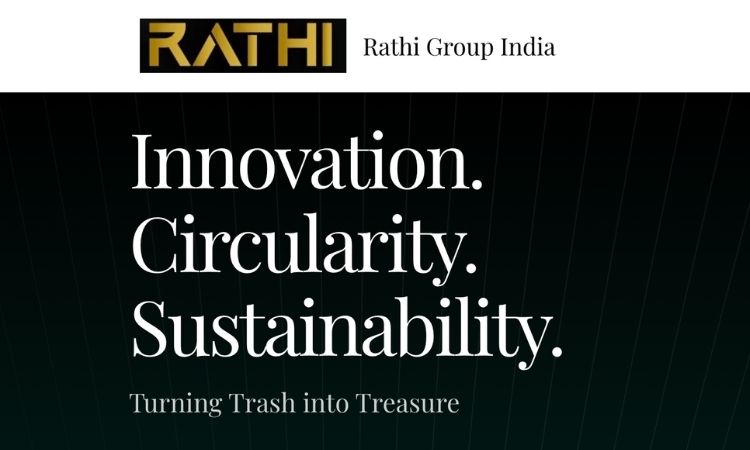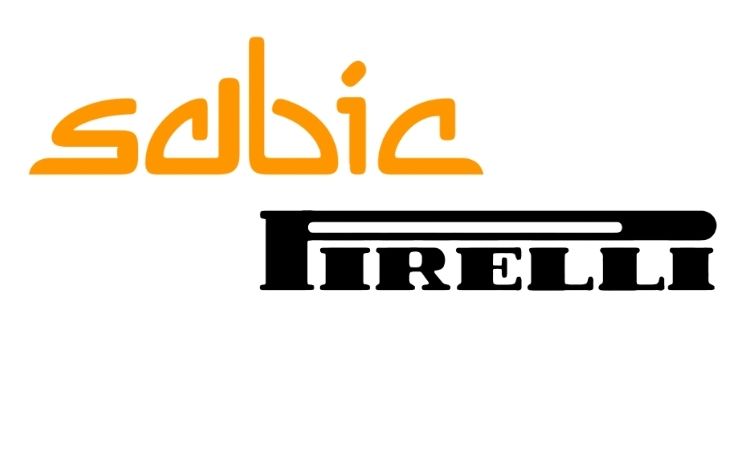New Zealand’s government approved regulations of end-of-life tire management
According to Auto Stewardship New Zealand, a not-for-profit charitable trust, New Zealand’s government has approved regulations which will change the way the country manages its end-of-life tires.
They outline how regulated product stewardship, through the Tyrewise scheme, will work for the first time in Aotearoa. A key part of the regulation is replacing the existing ad hoc ‘environmental’ or disposal charges New Zealanders currently face when disposing of old tires with a tire stewardship fee.
This also means that all liable parties and participants in the tire supply chain, including importers and retailers now have until 1 March 2024 to prepare for the first phase of the regulation to come into effect, with the second phase in effect from 1 September 2024.
Read below the official media release by Auto Stewardship New Zealand:
Regulations have now been approved that will change the way New Zealand manages the 6.5 million tires that reach their end-of-life every year.
Regulations under which tires will be imported into and sold in New Zealand, and how these tires are managed when they reach end of life is the final step that breathes life into the regulated product stewardship scheme, Tyrewise.
According to Mark Gilbert, Chair of Auto Stewardship New Zealand, the regulation will reduce the environmental, economic, and societal harm posed by end-of-life tires that would otherwise be dumped, illegally stockpiled or landfilled.
Auto Stewardship New Zealand is the not-for-profit charitable trust which provides governance for the accredited product stewardship scheme, Tyrewise.
A key part of the regulation is replacing the existing ad hoc ‘environmental’ or disposal charges New Zealanders currently face when disposing of old tires. The tire stewardship fee will be charged on eligible tires imported into the country, whether loose or attached to a vehicle.
“It is excellent news to have the regulation published,” says Mark. “It outlines how regulated product stewardship will work for the first time in New Zealand – enabling an entire industry to effectively manage their product from import to end-of-life.”
According to Mark, it has been well over 10 years since the Tyrewise project began and three years since the Declaration of Priority Product Notice 2020, which includes tires. “The timeline will see the regulation come into effect from March next year.”
The regulation means that all participants in the tire supply chain from the point of import to end-of-life must be registered with Tyrewise and will have to abide by a code of practice which will be audited by the scheme delivery manager. “This will reduce the chance of illegal stockpiling and tire fires which impact negatively on our communities and turns a tire from being wasted into an available resource.”
“This is what industry and the Ministry have been working towards since the beginning – a regulated scheme which provides a level playing field for stewarding end-of-life tires,” Marks says. “The replacement tire stewardship fee, which has been set at $6.65 + GST for a standard passenger tire, will be consistent across the country, no matter where you live.”
The fee, specified in the regulation by tire size and type, covers the cost of future stewardship of the tire on which the fee is paid, says Mark. “It shifts the cost burden of managing end-of-life tires from disposal to the point of purchase, allowing Tyrewise to manage end-of-life tires from collection to processing by providing free collection, ensuring tires end up at registered processors where we can add value.”
According to Mark, old tires are a valuable resource: “Only around 40% of the tires which reach their end-of-life in New Zealand are currently recycled or used in the creation of new products. Tyrewise will use part of the fee to further stimulate domestic markets to make innovative new products from tires, creating jobs and keeping resources in use for as long as possible as part of a circular economy.”
Tyrewise has set a target of 80% of tires processed by the fourth year of operation and over 90% by the sixth year, Mark says.
Tyrewise will initially cover all air-filled and solid tires for use on motorised vehicles for cars, trucks, buses, motorcycles, all-terrain vehicles, tractors, forklifts, aircraft and off-road vehicles. Tires for products like bicycles and non-motorised equipment such as prams, as well as coils for retreads will be brought into the scheme at a later date. Consultation with stakeholders on these scope two tires is expected late 2024.
Tire importers now have until 1 March 2024 to prepare for the first phase of the regulation to come into effect, with the second phase in effect from 1 September 2024. For more information on the regulation visit www.tyrewise.co.nz.
Weibold is an international consulting company specializing exclusively in end-of-life tire recycling and pyrolysis. Since 1999, we have helped companies grow and build profitable businesses.









